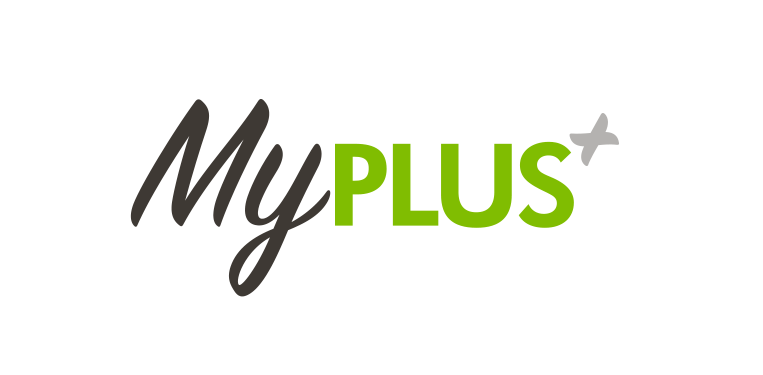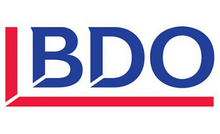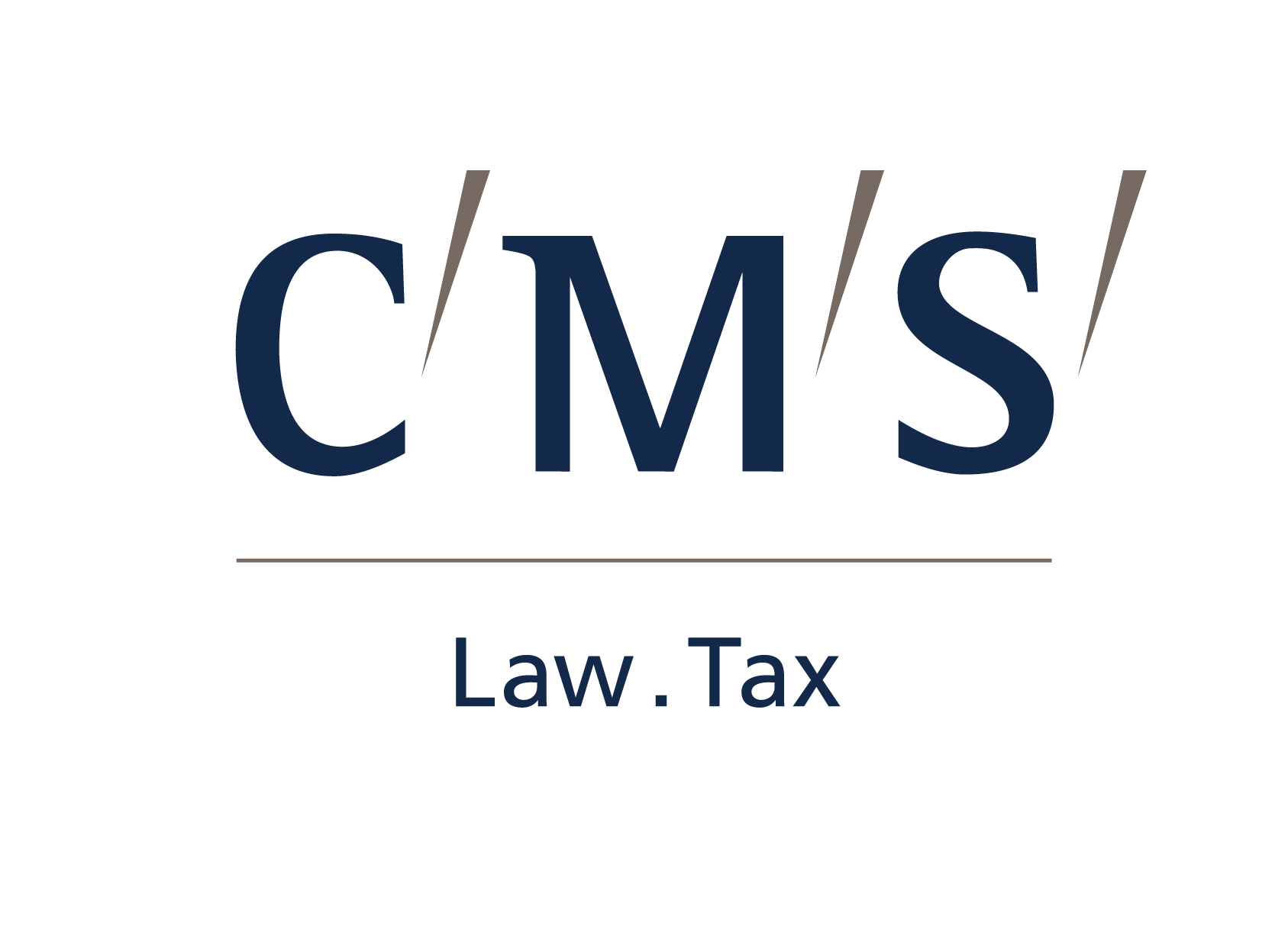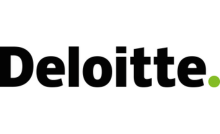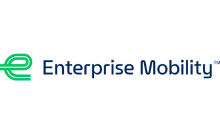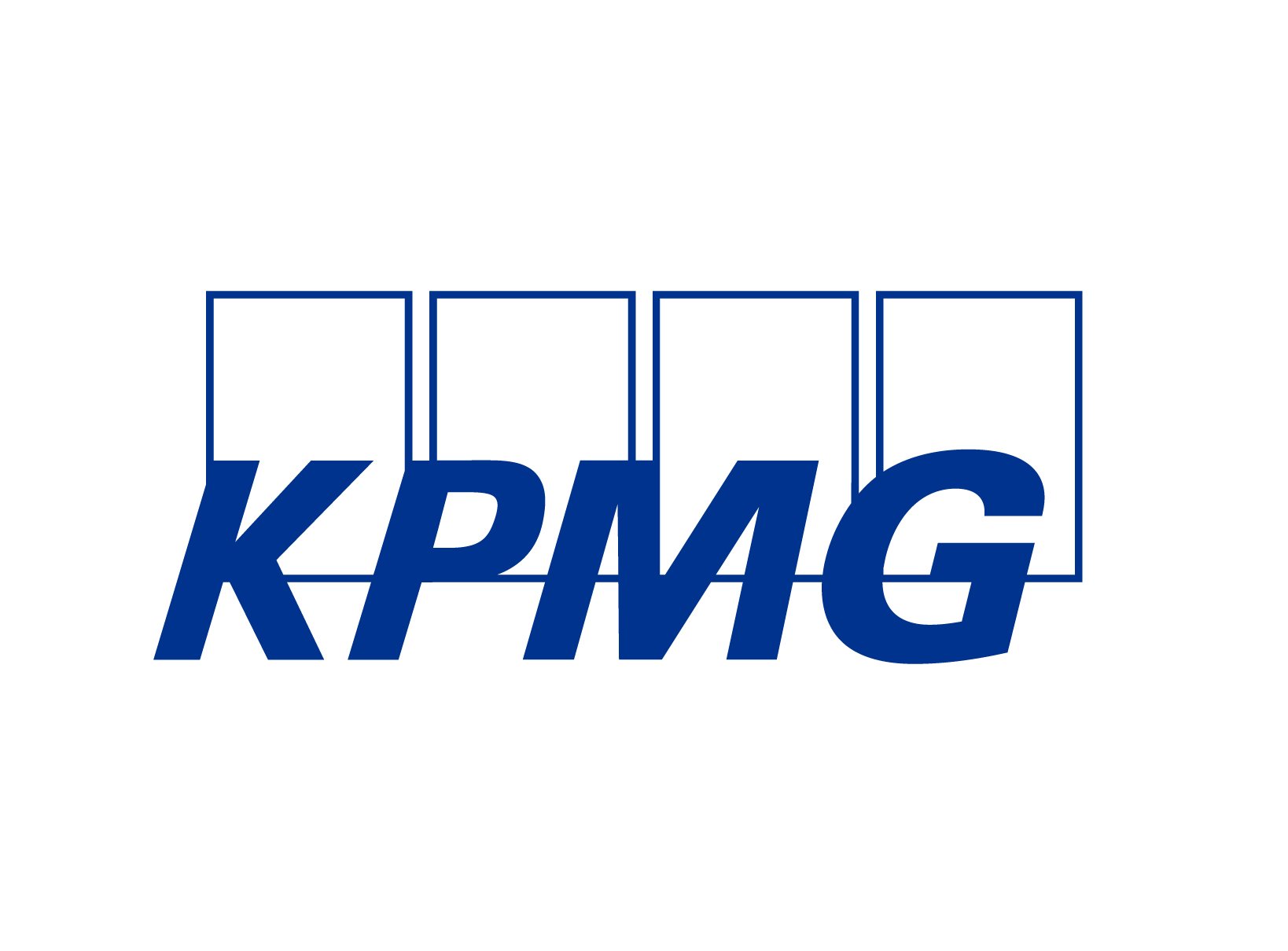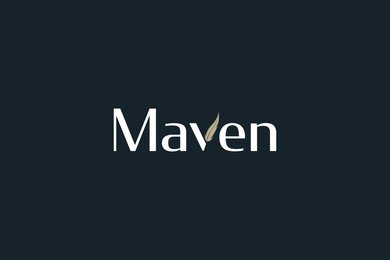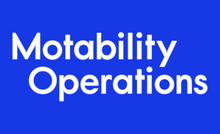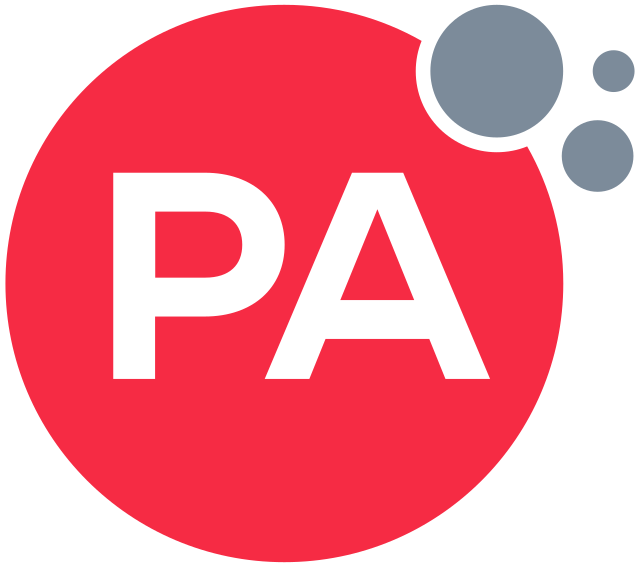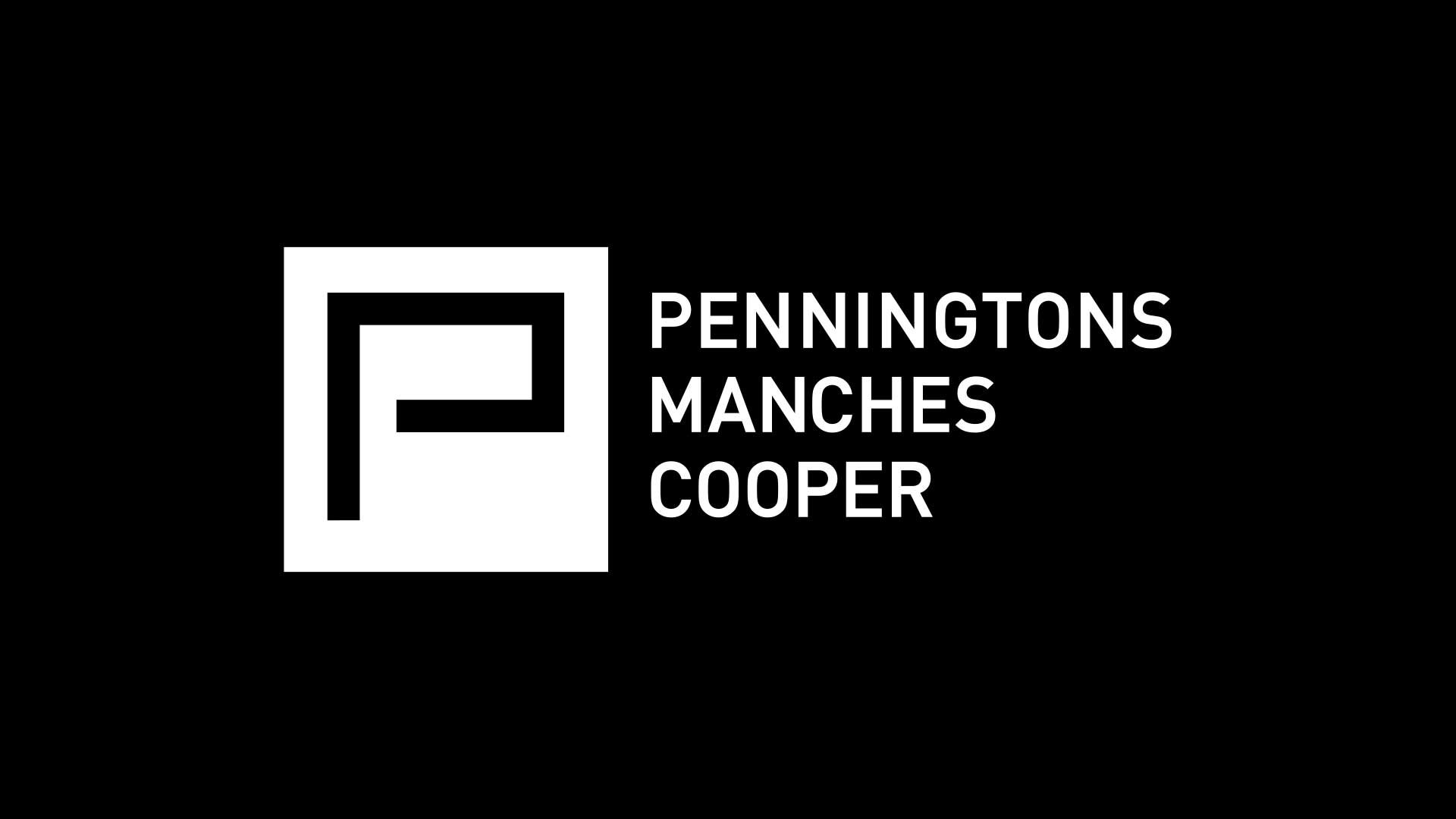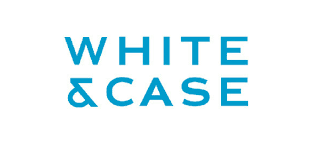Graduate Recruiter’s Breakfast Seminar (BS’3)
Hosted by Mayer Brown
To effectively reach any target market you firstly have to understand them. This is also true of graduate recruitment. When it comes to disabled graduates, recruiters need to know how they look for jobs, what channels they use, what concerns they have and how to address the barriers that exists, perceived or real, that is currently stopping them from applying for graduate jobs.
Earlier this year, My Plus Consulting carried out extensive research on behalf of Lloyds Banking Group (LBG) to understand more about this group of individuals. The aim was to use the findings to better enable LBG tap into this untapped talent pool. LBG were also keen to share these results and on the 21st September 2011, My Plus Consulting hosted a Graduate Recruiter’s Disability Café in order to do this.
As well as recruiters representing a wide range of different companies the event was also attended by Careers Advisers and those supporting disabled graduates into jobs. Also present were a number of students with first hand experience of disability who had taken part in the research and the focus groups.
Tim Taylor, Diversity and Inclusion Manager from Lloyds Banking Group opened the Café by providing some background and context into why LBG had decided to undertake this piece of research. He said that by failing to engage with this group of students LBG knew that they missing out on talent, not least because 9.5% of graduates in 2010 had declared a disability.
Helen Cooke, Founder and Director of My Plus Consulting, who had carried out the research on behalf of LBG then shared key findings from the research. Helen started by speaking about the Routes to Market that disabled students use to search for jobs. 5 key areas were covered; these were: Careers Advisers, Disability Managers, Careers Events, Websites and Disability Recruitment Companies.
Some of the key findings included that 91% of disabled students said that they had spoken with their Disability Manager about employment, compared to only 22% who had spoken to a Careers Adviser.
Following Helen’s presentation delegates took part in rounds of café style discussion in small groups. During these discussions delegates were asked to consider how they would tailor their marketing activities in light of the findings.
After a break Helen again took to the floor to share more of the results, this time focusing on some of the issues that disabled students face with and where concerned about. Again 5 key are were covered, these included: lower confidence levels, disclosure, requesting adjustments, diversity messages and mitigating circumstances.
One of the key points which really stood out was just how low confidence levels were because of a disability.
As one student as Oxford University said:
“When you know how many people are applying for a job it seems like there isn’t any point; not with a disability”.
Another key concerns was around telling an employer that they had a disability; 71% of respondents said that either they were concerned about telling an employer or would prefer not to tell at all.
During further discussions, delegates were able to explore how they would address such concerns and again more proactively encourage disabled students to apply to their organisations.
The outputs from the event were graphically recorded by Doug Cameron of Grass Hopper Design.
